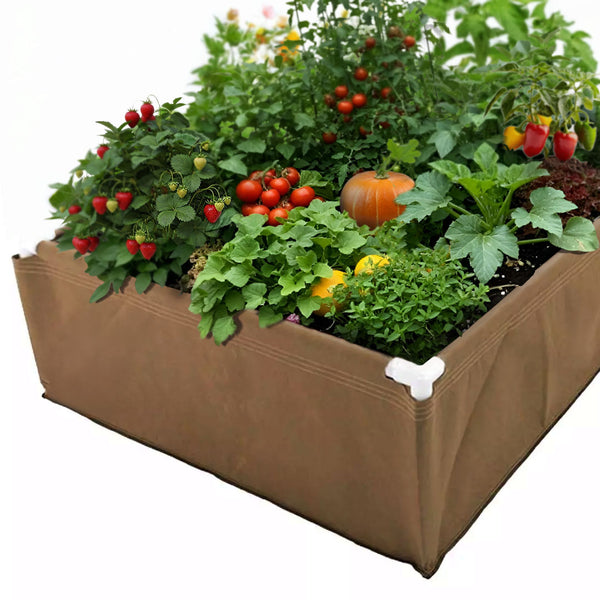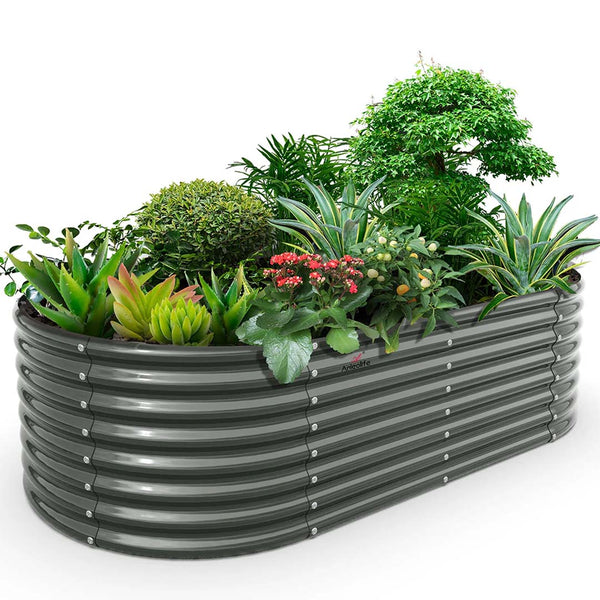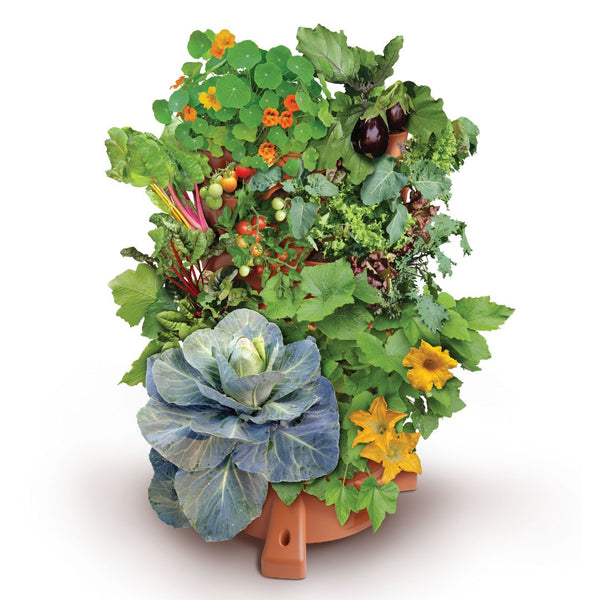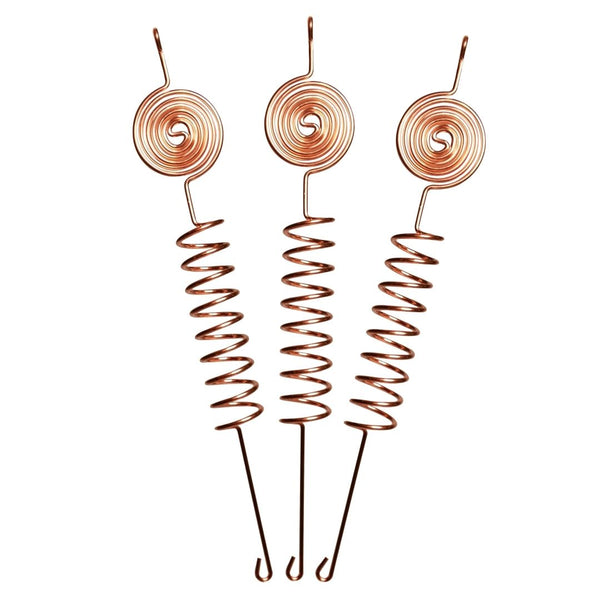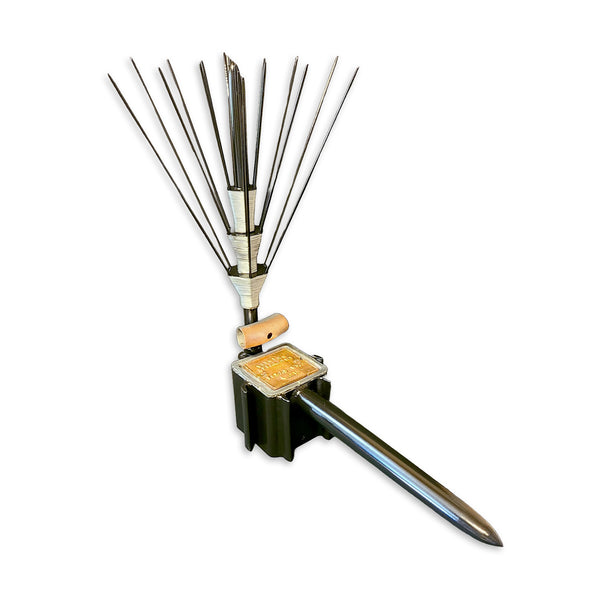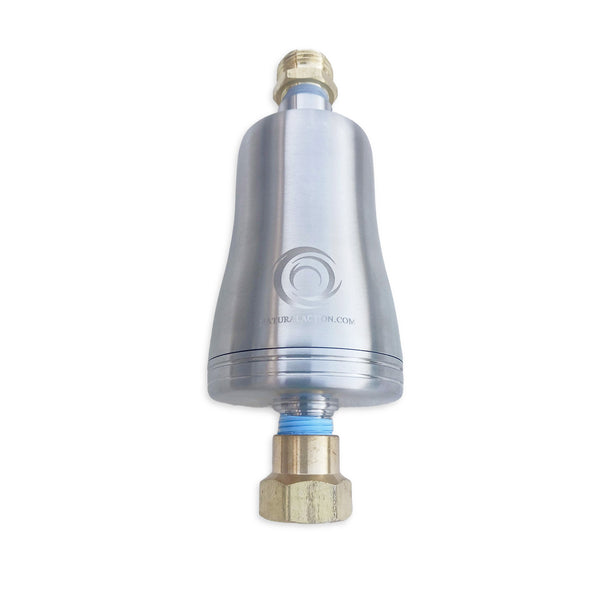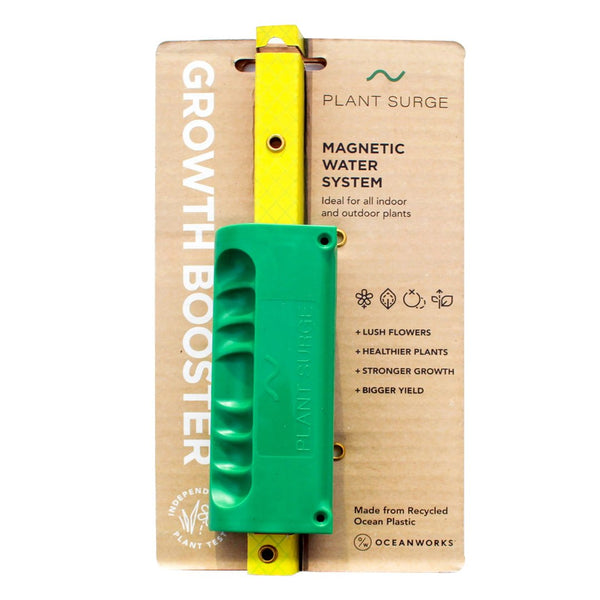The Microbe Metropolis: Biochar For Garden Creation That Houses Trillions Of Beneficial Organisms

Understanding Activated Biochar
Introduction to Biochar
Biochar's like black gold for your garden. This supercharged charcoal comes from organic stuff like wood chips or plant scraps that get roasted without air, a process called pyrolysis (a fancy word, but basically it just means no oxygen). This cooking process transforms waste, like farm leftovers or forest debris, into something your plants will thank you for. We, earth-loving gardeners, can boost our soil’s health and the planet’s well-being. By recycling organic garbage into biochar, we’re nailing resourcefulness in sustainability!
Benefits of Activated Biochar
Activated biochar might sound like a secret superhero, and in plant terms, it kinda is. Think of it as the garden buddy that makes everything grow a little better. Here’s what's in store for you and your plants:
| Benefit | What's Happening Here |
|---|---|
| Soil Fertility | Biochar beefs up soil quality, serving as a cozy home for those good-for-the-earth bacteria. It gives your plants a comfy crib to flourish in. |
| Water Retention | Less time with the watering can! Biochar keeps water from disappearing too quickly, especially handy in hot, dry summers. |
| Nutrient Retention | It locks in nutrients right there in the dirt, so your plants don't go hungry. It’s like vitamins for your veggies! |
| pH Balance | Biochar acts like soil conditioner, smoothing out extremes and giving the roots a friendly pH zone. |
| Reduced Soil Erosion | By making soil tighter and tougher, biochar helps keep it from washing away. Your garden stays put, come rain or shine. |
By giving your garden a sprinkle of activated biochar, you'll notice healthier plants and happier soil creatures. It’s a game changer that amps up your compost game too. Your garden will be singing with life and energy! For more tips on getting the bang for your biochar buck, check out our in-depth piece on biochar for soil. It’s a read you don’t wanna miss if you’re looking to jazz up your garden routine.
Application of Activated Biochar
Activated biochar is like that secret ingredient we never knew our garden needed. Tossing this charcoal-like magic into our soil boosts its zest, turning the whole gardening experience into a blooming success.
Improving Soil Fertility
Let's talk soil jazz. Adding biochar to our garden soil works wonders, revitalizing it like an espresso shot in the morning. Experts say it gets those microscopic soil residents dancing in delight, spruces up soil structure, and unlocks a buffet of nutrients (Springer). The upshot? Our plants thrive while we cut back on those fancy fertilizers.
Biochar’s got a nifty trick up its sleeve: taming soil acidity. That’s key for certain picky plants. It sets the stage for beneficial organisms to move in and make the soil even richer.
| Benefit of Biochar | Impact on Soil Fertility |
|---|---|
| Boosts microbial fiesta | Nutrient buffet |
| Gives soil a makeover | Roots rock and roll |
| Zaps aluminum nastiness | Plants grow their groove |
Enhancing Water Retention
Water-savvy, that’s biochar. In arid regions where water's precious, it’s like a guardian angel. Biochar turns the soil into a sponge, upping moisture and tweaking pH levels for the better.
Research shows biochar helps our garden sip less water while looking lush (Michigan State University Extension). Sandy soils, notorious for being thirsty, rejoice as they nail the art of water retention.
| Soil Type | Water Retention Perk |
|---|---|
| Sandy Soils | Hugs more moisture |
| Loamy Soils | Breathes easier |
| Clay Soils | Soaks efficiently |
Nutrient Retention and Availability
Here’s biochar’s real charm—it’s like a nutrient bank vault. Its high surface area holds nutrients snugly in the soil, which means fewer fertilizer rendezvous for us, especially when mixed with compost (Michigan State University Extension).
Biochar keeps nutrients handy for our plants, ensuring they flourish. Yo-yo-ing between health sprees and yield booms, some agricultural wizards have seen a harvest spike of up to 98-150% with its use—I kid you not (Springer).
| Nutrient Impact | Crop Gains |
|---|---|
| Bumps up cation traffic | Nutrient smorgasbord |
| Multiplies microbial mojo | Soil gets fitter |
| Locks nutrients down | Greener future for crops |
Inviting activated biochar into our gardening habits doesn’t just perk up plants but also nudges us toward eco-friendly growing. For even more dirt on biochar magic, peek into our guides on biochar for soil and biochar in the garden.

Considering Factors for Success
When we're looking to create a lush garden using biochar, a few key things can really influence how well it works. You gotta keep an eye on the soil you're working with and how it reacts to biochar. Also, the way biochar's made can change things up quite a bit.
Soil Types and Biochar Response
Not all dirt is made equal, folks. Biochar can have different effects depending on the type of soil it's mixed with. Generally, sticking biochar in your soil is like giving it a refreshing spa day! It boosts the moisture levels and bumps up the pH a bit—kind of a natural pick-me-up. Over at Michigan State University Extension, they’ve noticed that this can jazz up soil fertility, thanks to happy little microorganisms that get to work like it’s a party. Plus, it helps cut down on nasty aluminum toxicity.
So, how does biochar play with different kinds of soil? Here’s the lowdown:
| Soil Type | What Happens with Biochar | Why It’s Awesome |
|---|---|---|
| Sandy Soil | Holds onto moisture like a champ | Great for dry spots |
| Clay Soil | Gets more porous, less like a brick | Easier for roots to stretch out |
| Loamy Soil | Keeps nutrients balanced | Best of all worlds |
| Acidic Soil | Raises the pH, chills out the acidity | Super helpful in areas that’s lacking |
| Polluted Soil | Grabs onto icky heavy metals | Cleans up the garden real nice |
Production Methods and Variations
How we whip up biochar makes a difference too. It's born in this high-tech-sounding process called pyrolysis, which is just a fancy word for heating stuff like wood chips without air. The details here—like the temperature and what you’re cooking—lead to different kinds of biochar.
| Production Style | What It’s Like | Why You’d Want It |
|---|---|---|
| Slow Pyrolysis | Low temps (300-500°C) | More organic goodness inside |
| Fast Pyrolysis | Hotter temps (600-1000°C) | Solid and packed with carbon |
| Hydrothermal Carbonization | Uses water, lower temps | Bursting with nutrients |
When you get a handle on all of this, you can make the most of biochar in your own backyard oasis. It’s a promising way to pimp your soil and boost growth while keeping it green and sustainable. Want more cool tips on making biochar work its magic? Check out our stuff on biochar in compost and biochar for soil.
Practical Use and Recommendations
On our quest for greener gardens, adding some activated biochar to the mix can work wonders for both our soil and our plants. Let’s chat about how to sprinkle this magic dust into our gardening habits for top-notch results.
Incorporating Biochar in Soil
To get biochar working its charm in our gardens, it works best when we mix it with compost before planting time. This duo makes compost extra fancy by cutting down on funkiness and boosting those beneficial microbes so our plants can thrive (Regeneration International).
Here's how we roll:
- Prep the Biochar: If you’ve got biochar that needs a little kickstart, soak it in compost tea or just plain ol’ water.
- Mix with Compost: Toss together biochar and some good, aged compost in about a 1:3 ratio.
- Get it in the Ground: Spread this powerhouse mix over your garden beds. Make sure it’s evenly covered, and then work it into the top few inches of soil.
Application Rates and Guidelines
Picking the right amount of biochar is like making grandma’s secret sauce—just enough and not too much! Here’s a little cheat sheet depending on what we’re aiming for:
| Purpose | Application Rate |
|---|---|
| Soil Booster | 10% - 20% by volume |
| Veggie Patches | Lay down 1-2 inches |
| Flower Power | Mix 1-2 inches in |
| Compost Magic | 5-15% of the whole batch |
Biochar is excellent at holding onto moisture and balancing the pH, which makes it easier for plants to snack on nutrients (Michigan State University Extension). It’s like a sponge for nutrients thanks to its fancy structure, which means we might not need as many fertilizers if we couple it with some organic goodies.
For the best garden vibes, think about what your soil might be craving and what you’re trying to grow. Testing the soil can tell us what it’s lacking so we can tweak our biochar game just right. Playing around with how much biochar we use can help our gardens grow not just this season, but for seasons to come. Curious for more tips? Swing by our biochar how-to guide.








